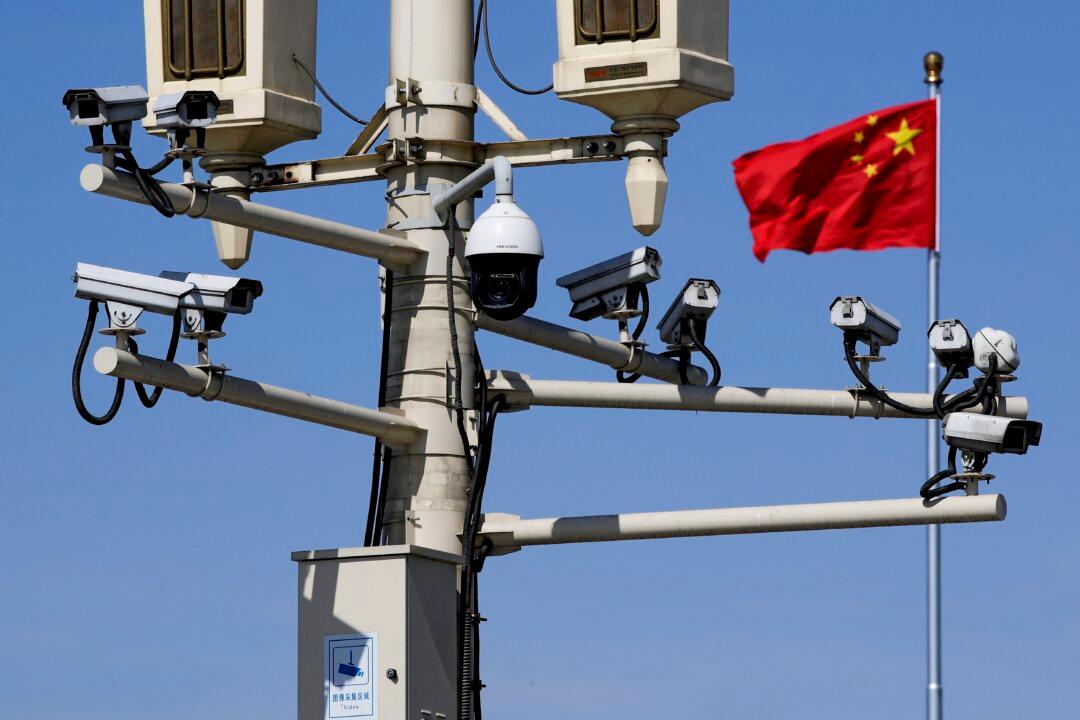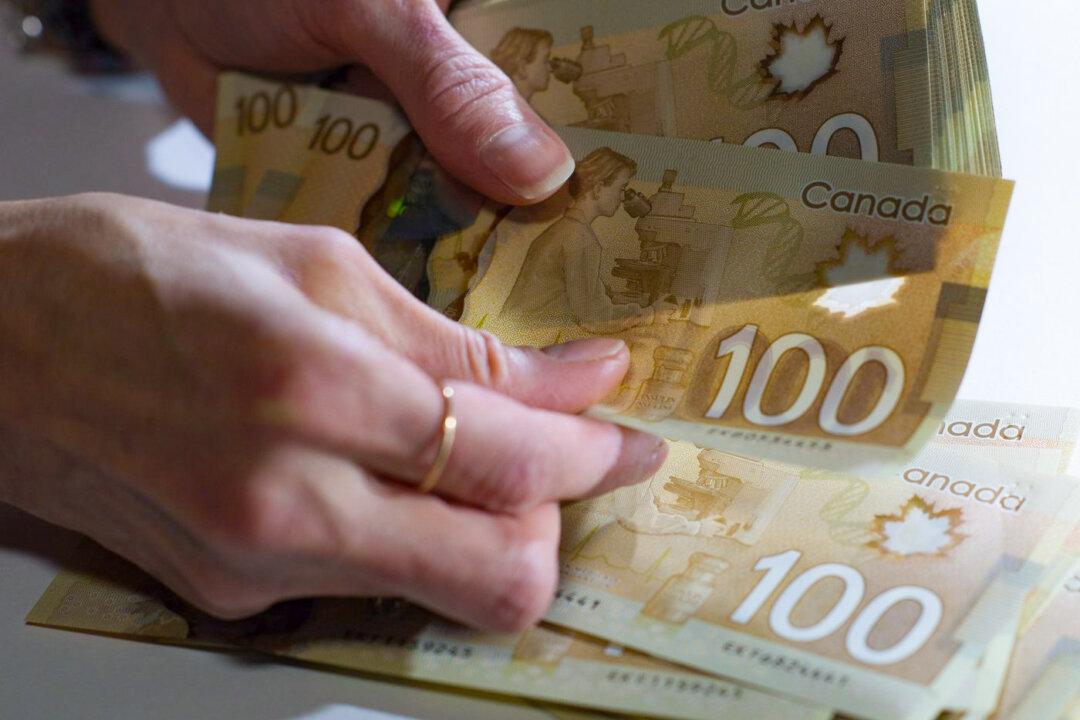A popular Chinese restaurant chain in Taiwan is denying it’s sending surveillance footage of its customers to China, coming after a Vancouver branch admitted it sent surveillance footage of its customers to China.
The Haidilao Hot Pot restaurant in Taiwan, in an April 22 statement on Facebook, admitted it recorded footage of their customers, but said it was done “mainly to better protect consumers’ dining rights and safety, avoid poor service, and improve service quality.”





